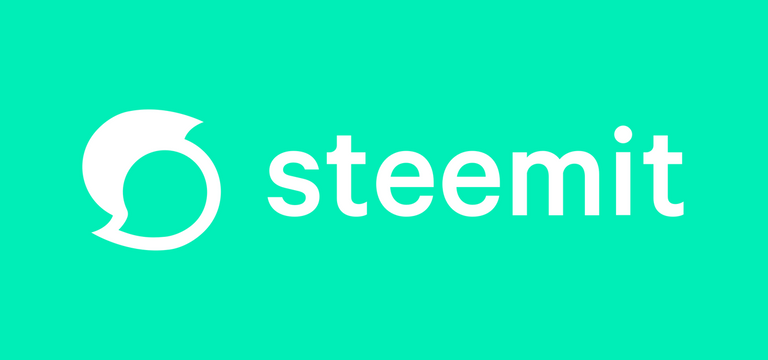
Launched in March 2016 and gaining notoriety in July, Steemit, a social network based on blockchain, has seen an uncommon level of popularity in a few months. To date, it has polarized the blockchain experts, while winning a non-negligible number of new users to the technology.
The child prodigy of Daniel Larimer, founder of BitShares, and Ned Scott, a former financial analyst, founders of Steemit announce that the platform aims to provide a place for users to create and promote content they believe is good and comment on the publications - all while earning money.

Steemit is much more than a website to make money. It is a real blockchain platform built on a piece of technology developed by Larimer called "Graphene", which allows the deployment of Blockchain technology specific to the application.
Scott, in an interview by CoinDesk, explained that the team came up with Steemit's idea in January and, due to the Graphene framework, they were able to quickly launch the project, in about two months.
The rest, like most things in the Blockchain world, is a bit difficult to explain.

During the first months, there was not much talk of Steemit.
While there were pioneer miners and some users who helped create content, the real explosion did not come until July 4. When the dam was opened. Steem was launched, the cryptocurrency, a capitalization valued at 1.3 million dollars was distributed to the users of the platform.
Scott explained that, while all the posts, comments and upvotes that had occurred on the site before July 4 were all in the blockchain, the rewards that had been promised to their users for their contributions had not been distributed. The underlying idea was that the team wanted to continue testing the platform, finding bugs and fixing them before a fever of new Steemians signed up.
He warned that, no matter how diligent and professional the development team is, there are going to be bugs and they wanted to make sure that Steemit was safe for everyone.
However, the 4th of July was a day everyone expected.
Scott said:
"What happened on July 4 was like the end of a three-month day ... thereafter, the rewards are distributed continuously, that first day, however that momentum that had been building was discharged"

And with that "pop", users who had been watching their balance sheets were instantly rewarded.
One currency, two smart contracts
Part of the confusion with Steemit lies in the different ways in which the currency is presented to users.
At the root is the Steem coin, which is the typical freely interchangeable token similar to bitcoin, ethereum or any other cryptoconversion. But that same Steem can be put into two different types of smart contracts depending on the particular utility an individual wants.
The first is called Steem Power, which provides utility and leverage. Steem Power is the backbone of the voting potential of an account. In other words, the more Steem Power an individual has, the stronger their vote in Steemit.
Scott explained that the team wanted to provide a mechanism by which people could have a long-term interest in the project, while allowing others to continue their speculation. In the "whitepaper", the Steem Power is compared to long-term capital commitments, similar to what a risk investor could do.
While users can invest their money instantly, they must spend a period of time to see a return on that investment.
In the case of Steem Power, if a user wishes to convert back to the Steem base currency, he will have to wait for it to occur in 104 daily conversions.
The second smart contract is called Steem Dollars, which is also quoted in coinmarketcap with little variable value at $ 1
Scott explained:
"This is the block chain telling Steem Dollars holders that, at any time in the future, the platform will convert its Steem Dollars to a Steem value after a seven-day conversion process."
This seven-day conversion process is intended to minimize the ability to create arbitrage attacks by market timers. If the Steem Dollars were convertible into Steem immediately, a user could take advantage of a difference in price, convert their Steem Dollars into regular Steem and earn more than the $ 1 value of the smart contract meant for them.
Because this is a stable payment instrument, users who have Steem Dollars are not affected by the Steem price change. If Steem is worth $ 1 and this conversion took place, the individual would receive 1 Steem for each Steem Dollar he owned. If Steem went up to $ 2, the individual would receive 0.5 Steem for each Steem Dollar they owned.
To offset the blocked value, Steem Dollars grants interest. At the moment I am writing this, users who have Steem Dollars will earn 10% per year in interest, paid in Steem Dollars.
STEEMIT CONTINUES GROWING
From the stratospheric rise in value to more than 400 million dollars, Steem is still one of the 15 largest cryptocurrencies
Hi! I am a robot. I just upvoted you! I found similar content that readers might be interested in:
https://www.coindesk.com/steemit-blockchain-social-media-how-works/